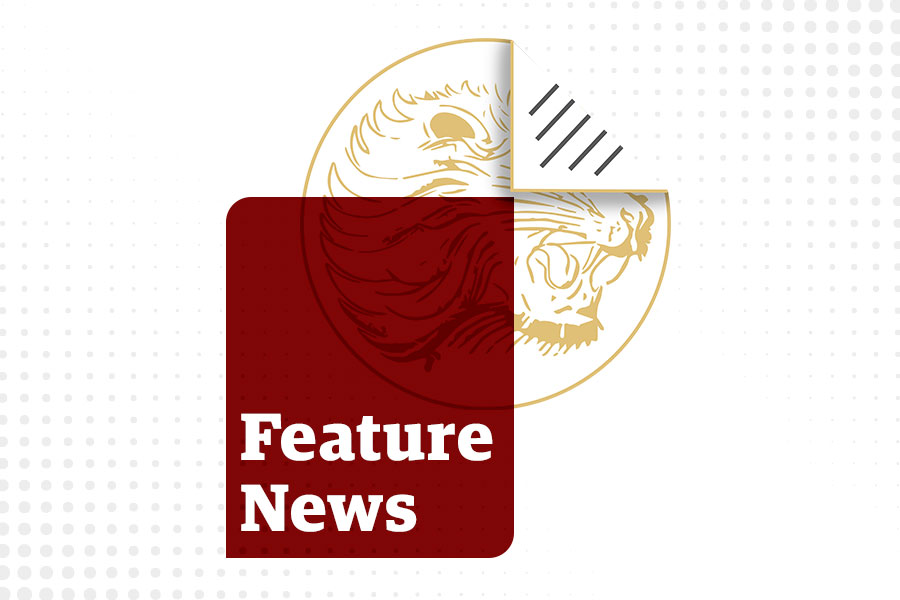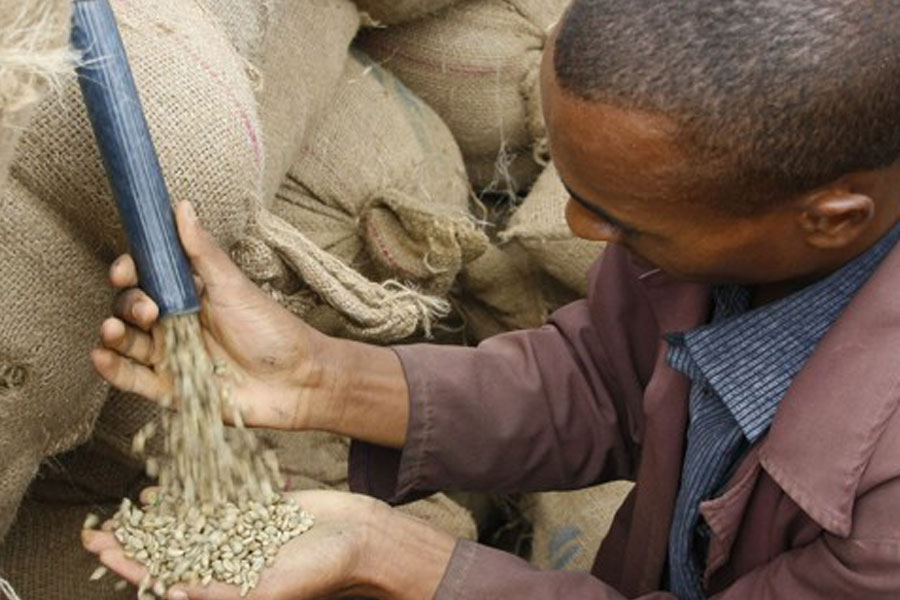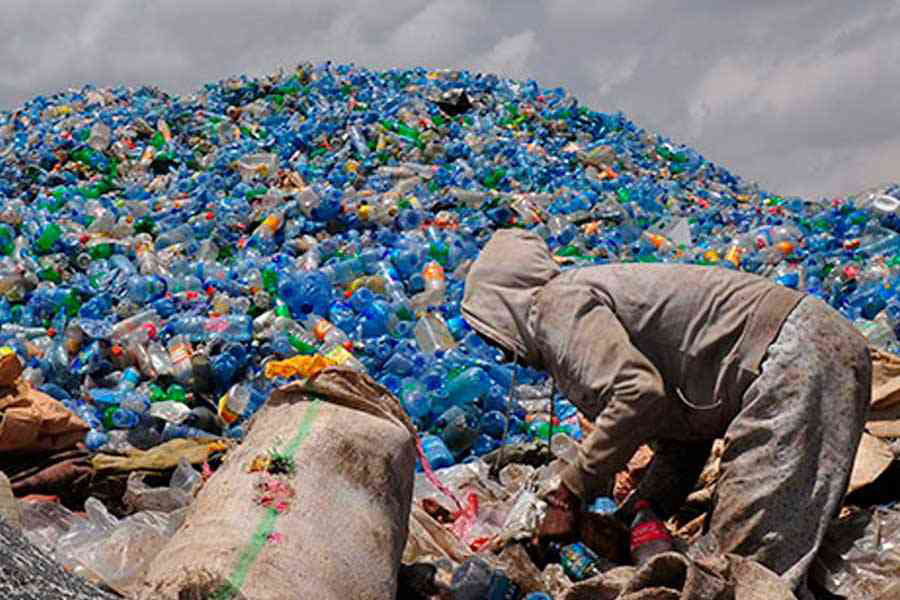
Featured | Jul 10,2020
Apr 10 , 2021.
It is not often the case for regional states' leaders to swallow their vanity and declare near-bankruptcy way before the fiscal year comes to an end. Quite a few of them have in the past. The latest entrant into the fiscal perfidy league is the Southern Nations, Nationalities & Peoples` Regional State (SNNPR). Its officials announced two weeks ago that the regional state has used up its budget, unable to pay public service salaries in some administrative units.
It has not been a great couple of years for the regional state in many ways. Like the rest of the country, it suffers from communal tensions and conflicts but even more frequently, for it is home to dozens of lingo-cultural groups. Close to 56pc of the 80-plus lingo-cultural groups in the country are found in the state, fuelling demands for autonomous status as a regional state. Of the 15 zones in the Southern Region, almost 10 have petitioned their respective legislative councils for referenda each hope would make them a region. One has already achieved that.
Last year, the Sidama Zone became the 10th regional state following a referendum, making it the first to join the federation after the constitution came into force in 1995. Fortunately, SNNPR's capital continues to be Hawassa, a vibrant city and home to the country’s largest industrial park, which former Prime Minister Hailemariam Desalegn, himself from the region, dubbed, “the defining instrument for achieving [Ethiopia’s] industrialisation goals.”
Whatever will be left of the southern regional state will eventually need to relinquish to the Sidama region, where Hawassa is located, in about a decade.
Now, the regional state has to contend with a budget crisis for which it has no one else to blame but itself. The first half-year report from the region’s finance bureau has come with bad news. It does not have much left in its coffers to cover recurrent expenditures in several zones and special weredas. The likes of Dawro, Sheka and Basketo have already expended some 95pc of the annual budgets allotted to them for capital expenditure in the first six months of the fiscal year.
The Southern Regional State is in hot water; but, it does not come as a surprise. The region's governance has become more an instrument for currying political favours and acquiescing to local officials' aspirations than meeting the basic needs of its population of over 20 million. It now has six vice-presidents while the number of weredasis exploding in numbers. The latter is happening as regional officials are desperate to calm communal conflicts by establishing zones and weredasand awarding local officials administrative roles. Each one of these weredasthemselves needs an inflated bureaucracy to run agencies such as a police force and public health centres, no matter the economic rationale behind it.
Take the Dawro Zone, where the number of weredas, each with 60 councilors, has more than tripled to 10. The new weredaofficials will have their own offices, per diems and secretaries. This is not to mention the thousands who need to be employed to run these administrative units. Little surprise, then, that the region’s finance bureau refers to travel expenses and fat per diems for officials that visited Addis Abeba, as well as costs incurred over fuel and car repairs, as reasons for the region's financial straits.
It would be unfair to single out the Southern Regional State, though. Other regions are not innocent of budget exorbitance, and with the national elections approaching, the federal government seems to be inspiring the worst in them. The only difference is that the others have not had to contend with paying off calls for representation with awards of elevation to weredasand zones.
Prime Minister Abiy Ahmed (PhD) has been visiting region after region with gifts of public projects, from roads to industrial parks. The Oromia Industrial Parks Development Corporation, for instance, earlier last month, hired a contractor to construct a 200 million dollar agro-industrial park in the town of Neqemte. These could be excused as part of the ongoing efforts to improve the infrastructure, although such projects, more often than not, prove to be white elephants when undertaken primarily by the state.
But an even more conspicuous portrayal of the misuse of public resources is the transfer of checks from one regional state to another. It is often an opportunity for photo ops. Both the Addis Abeba City Administration and the Oromia Regional government have donated 50 million Br and 100 million Br, respectively, to the new Sidama Regional State.
When regional states fail to meet their expenditure needs, the standard response is for the federal government to loan them money, which will be deducted from the budget transfers they would get in the next year. This year, parliament passed a budget that would see the federal government subsidise the regions for 176.4 billion Br. Accounting for over a third of its entire budget, it is indirectly liable for the excess they display and the goods and services they fail to provide for citizens residing there.
But the budget transfer does not come from an inexhaustible hole. If the federal government runs a deficit, it could be forced to print money over and above what it gains from treasury bonds. The current administration has promised not to fall into such a trap. But old habits die hard, especially as the economy suffers from low business activities due to the Novel Coronavirus (COVID-19) pandemic and a chunk of the country (Tigray Regional State) is war-ravaged. War is an expensive enterprise, often financed through taxes on the citizenry.
For this, as is usually the case whenever elites seek self-aggrandisement, the price will be paid by low-income groups and those with fixed income. Inflation has stubbornly held at 20pc for well over a year. It has, with flooding, desert locust infestations and violent conflicts, pushed millions into food insecurity. COVID-19 alone has led to a 12pc increase in household food insecurity in Ethiopia, according to the World Bank.
One thing successive Ethiopian governments could not be praised for is budgetary discipline. Unprecedented borrowing by state enterprises in an attempt to finance barely-thought-out projects led to them finding themselves in debts worth 780 billion Br.
Notably, debt in itself is not a bad thing. As long as the regional state is reaching deep into its coffers to fund productive investments, it should be tolerated. Classical economics dictates that as long as the interest rate on loans is kept below the GDP growth rate, debt is not necessarily a bad thing itself.
The economies of countries such as Ethiopia do not work out according to such logic, unfortunately. Even if the federal government has the money to pay back its loans, it just does not have the foreign currency to pay it with. A similar scenario applies to regional states but with the added disadvantage that a bloated bureaucracy and administrative units are not remotely productive. The regional states have a constitutionally guaranteed right to administer and formulate developmental objectives of their own. But with such powers comes responsibility. Many of the regional states have mortgaged their budgets to buy fertilisers and seeds for distribution to farmers. The default rate in repayment due to a compounded effect of floods, locusts, COVID-19, political instability, and insecurity has reached an alarming state.
Wise response begins from understanding the issues for what they are. They will unlikely to wither away because officials hope so and focus their energy and attention on flashy projects. When a regional government lacks accountability, the federal government has to demonstrate its resolve over mismanagement issues and not indulge them with largesse whenever they get themselves in financial straits. This starts from those with state power in the federal government. The culture of awarding financial benefits for political loyalty, which takes on a life of its own whenever elections near, stems from it and is the most prevalent. The only difference is that federal government officials have access to more taxpayer money and a pliable central bank.
PUBLISHED ON
Apr 10,2021 [ VOL
22 , NO
1093]

Featured | Jul 10,2020

Commentaries | Jul 27,2024

Fortune News | Oct 09,2021

Radar | Jun 18,2022

Editorial | Mar 09,2024

Radar | Sep 08,2019

Fortune News | Mar 25,2023

Editorial | Jul 08,2023

Fortune News | Mar 30,2024

Radar |

Photo Gallery | 171719 Views | May 06,2019

Photo Gallery | 161958 Views | Apr 26,2019

Photo Gallery | 151702 Views | Oct 06,2021

My Opinion | 136317 Views | Aug 14,2021

Dec 22 , 2024 . By TIZITA SHEWAFERAW
Charged with transforming colossal state-owned enterprises into modern and competitiv...

Aug 18 , 2024 . By AKSAH ITALO
Although predictable Yonas Zerihun's job in the ride-hailing service is not immune to...

Jul 28 , 2024 . By TIZITA SHEWAFERAW
Unhabitual, perhaps too many, Samuel Gebreyohannes, 38, used to occasionally enjoy a couple of beers at breakfast. However, he recently swit...

Jul 13 , 2024 . By AKSAH ITALO
Investors who rely on tractors, trucks, and field vehicles for commuting, transporting commodities, and f...

Oct 5 , 2025 . By NAHOM AYELE
In Meqelle, a name long associated with industrial grit and regional pride is undergo...

Oct 5 , 2025 . By BEZAWIT HULUAGER
The federal government is set to roll out a new "motor vehicle circulation tax" in th...

Oct 5 , 2025 . By NAHOM AYELE
The Bank of Abyssinia is wrestling with the loss of a prime plot of land once leased...

Oct 5 , 2025 . By BEZAWIT HULUAGER
The Customs Commission has introduced new tariffs on a wide range of imported goods i...